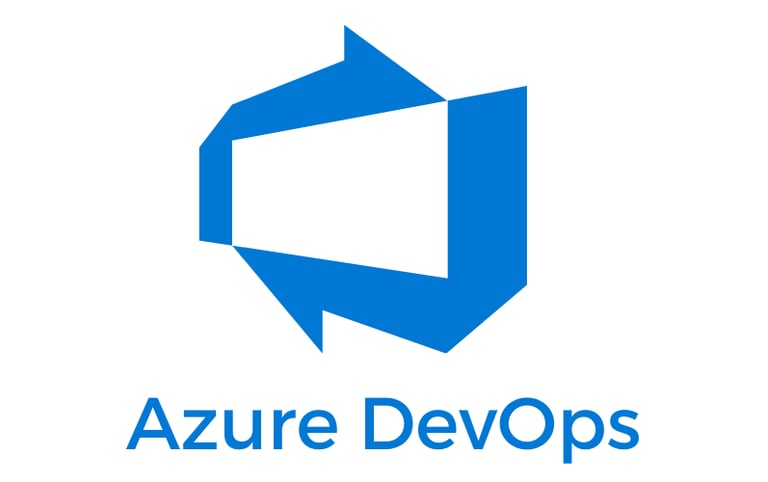Azure Devops
All you need to know about Azure Devops


Azure DevOps: Streamlining Software Development and Deployment
Introduction
Azure DevOps is a powerful cloud-based DevOps platform from Microsoft that enables organizations to plan, develop, test, and deploy applications with high efficiency. It provides a suite of integrated tools designed to enhance collaboration, automate workflows, and improve software delivery speed. With Azure DevOps, teams can streamline their development processes, implement CI/CD pipelines, and manage infrastructure as code (IaC) effectively.
What is Azure DevOps?
Azure DevOps is an all-in-one DevOps solution that offers various services to help teams build, test, and deploy applications with agility. It provides a comprehensive toolset for project management, version control, continuous integration/continuous deployment (CI/CD), infrastructure automation, and monitoring. Azure DevOps enables organizations to break silos between development and operations teams, fostering collaboration and accelerating software delivery cycles.
Key Features of Azure DevOps
Azure DevOps includes several core services that make it a preferred choice for organizations embracing DevOps practices. Azure Repos offers Git repositories for source control and collaboration. Azure Pipelines enables CI/CD automation to build, test, and deploy applications efficiently. Azure Boards provides agile project management tools for tracking work items and progress. Azure Artifacts facilitates package management and dependency storage. Azure Test Plans offers test automation and tracking capabilities to enhance software quality. These features ensure seamless integration across the software development lifecycle (SDLC).
Benefits of Using Azure DevOps
Azure DevOps offers numerous benefits that improve software development and deployment processes. It promotes collaboration by integrating development, operations, and testing teams. The scalability of Azure DevOps allows organizations to manage projects of any size efficiently. With automation, teams can implement CI/CD pipelines to reduce manual errors and accelerate releases. Flexibility is another advantage, as Azure DevOps integrates with third-party tools like GitHub, Jenkins, Terraform, and Kubernetes. Additionally, its security features ensure compliance and governance for enterprise environments.
How Azure DevOps Works
Azure DevOps streamlines the software development lifecycle through a structured workflow. Developers use Azure Repos to store and manage source code. They then configure Azure Pipelines to automate build and deployment processes. Agile teams leverage Azure Boards for tracking work items and sprint planning. Azure Artifacts helps manage dependencies, while Azure Test Plans ensures software quality through automated and manual testing. This integrated ecosystem enhances productivity and accelerates time-to-market.
Azure DevOps vs GitHub
While Azure DevOps and GitHub offer overlapping functionalities, they serve different purposes. GitHub is primarily a version control and collaboration platform, whereas Azure DevOps is a full-fledged DevOps solution with built-in CI/CD, project management, and testing capabilities. Azure DevOps is ideal for enterprises requiring end-to-end DevOps automation, while GitHub is popular for open-source projects and version control.
Azure DevOps for Infrastructure as Code (IaC)
Azure DevOps is widely used for managing infrastructure as code (IaC) with tools like Terraform, Bicep, and ARM templates. Teams can automate infrastructure provisioning using Azure Pipelines and enforce compliance through Azure Policy. This approach enhances efficiency, reduces configuration drift, and ensures infrastructure consistency across environments.
Integration with Kubernetes and Docker
Azure DevOps seamlessly integrates with Kubernetes and Docker to support containerized deployments. Developers can build and push Docker images to Azure Container Registry (ACR), then deploy them to Azure Kubernetes Service (AKS) using Azure Pipelines. This ensures scalable, resilient, and automated container orchestration in cloud-native environments.
Conclusion
Azure DevOps is a game-changer for organizations seeking to enhance software development, deployment, and operational efficiency. Its robust toolset empowers teams to implement agile methodologies, automate workflows, and ensure high-quality software releases. Whether you're a developer, DevOps engineer, or IT administrator, mastering Azure DevOps is crucial for driving digital transformation and accelerating innovation.


